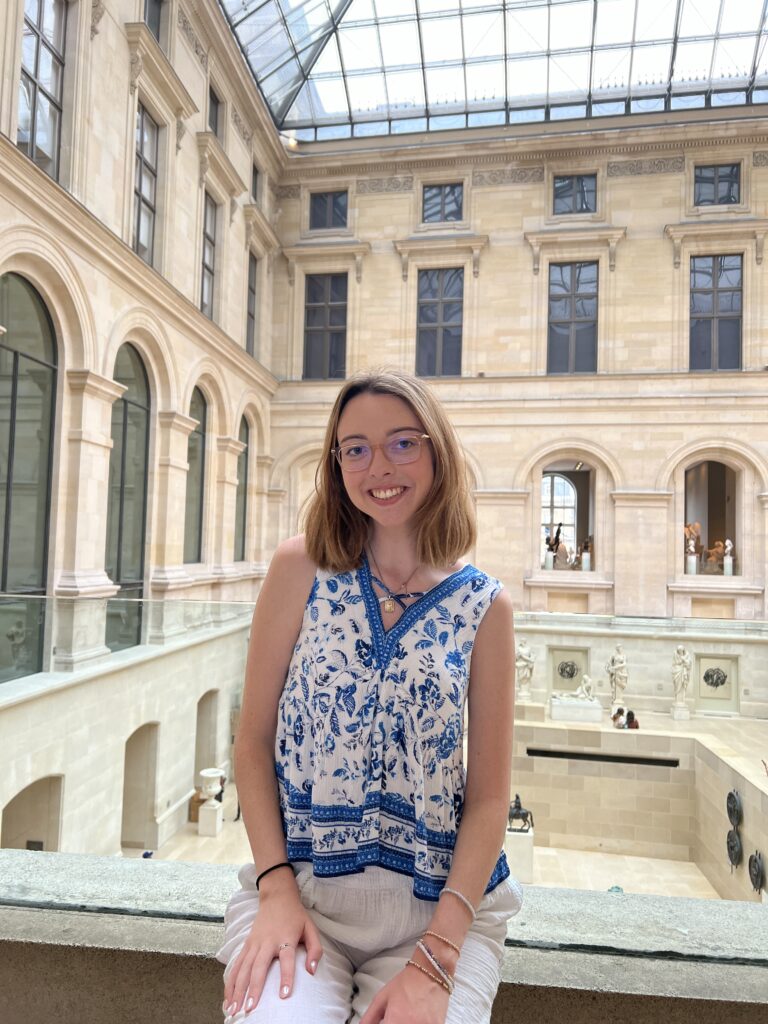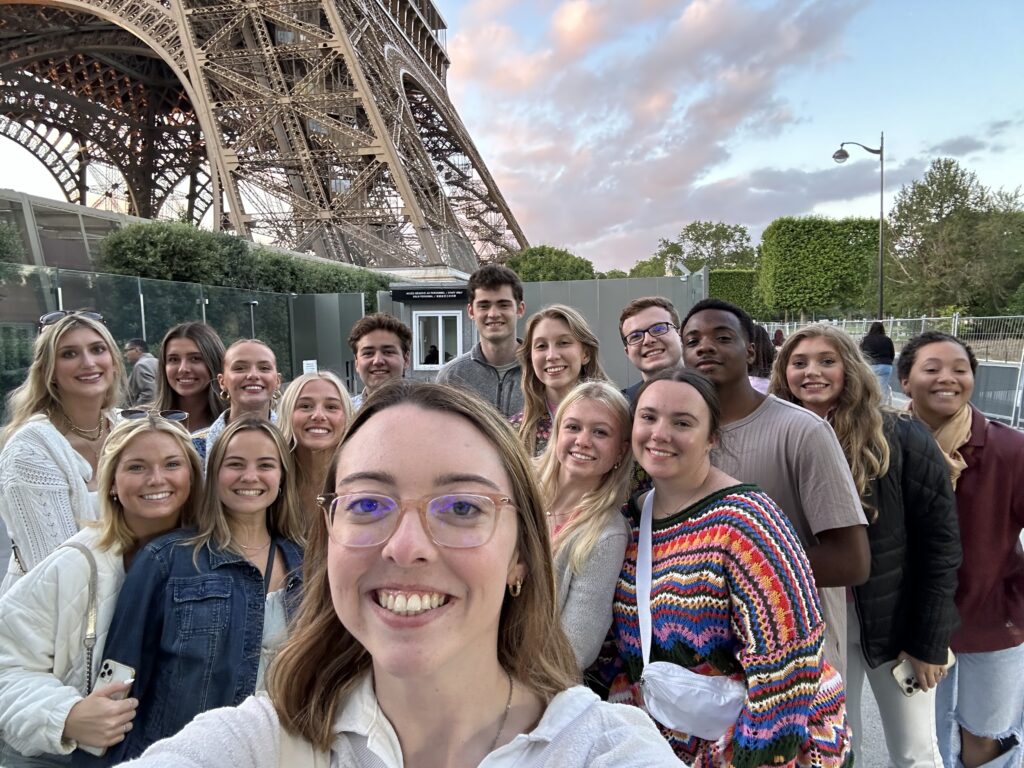French culture presents a unique blend of elegance, practicality, and historical richness, evident particularly when observed from an American perspective. Using the Parisian metro is an experience, with the front car offering a view reminiscent of a roller coaster, winding left and right on the tracks like a toy snake. It’s fascinating to see places named after prominent Americans, such as the Franklin Delano Roosevelt metro stop, Martin Luther King Jr. Road, and the Rosa Parks train station, which highlights the interconnectedness of the American and French histories.

The cleanliness of the metro station and Paris as a whole was a pleasant surprise, especially for someone accustomed to New York as the model “big city.” Some stations, like the one for the Louvre, are particularly impressive, featuring statues and artwork behind glass, meticulously maintained.
A river cruise on the Seine reveals another side of Parisian life, with many people enjoying a relaxed Sunday afternoon on the riverbanks: reading, eating, and spending time with friends. This leisurely lifestyle contrasts with the hectic and “go go go” lifestyle that my classmates and I are accustomed to. The fact that they chose to spend an afternoon outside rather than shopping or on their phones was a basic but stark contrast to American life.
Cycling is a common mode of transportation, with many people biking to work, including parents with their children in bike seats. This practical approach extends to fashion as well, where women seem to embrace a natural look. No hair dye, practical but stylish clothing, and neutral choices with pops of color speak to the practicality of the French. As tourists, our bright sundresses in pinks, blues, and yellows made us stand out like sore thumbs against the more subdued and neutral colors worn by locals.
Interestingly, pick-up trucks are a rare sight, highlighting a different approach to transportation and utility vehicles. This myriad of observations collectively paints a vivid picture of French culture, blending sophistication, historical reverence, and practicality.

I went into this trip having an open mind and little to no expectations. I’m not sure that my brain truly registered that I was going to be or was in France until I returned stateside. Essentially, I knew no one, aside from a few conversations here and there with a few of the people going. This lack of a “home base,” or someone I knew I could talk to if in a bind, was a little disconcerting, but the fear quickly resolved itself. Through the first week in Paris, I could feel this almost magic quality to our group, as though we had all been chosen for this trip with compatibility in mind. We naturally formed smaller groups based on conversations, interests, sleeping patterns, and social habits. To me, this inherent flow of the students worked so well that I couldn’t believe it hadn’t been manufactured. As we moved into the second week in Cannes, the dynamics were rocked and shifted, but it seemed that everyone had their person to whom they could quietly vent and let it roll off. I thought that everyone did such a great job of working together to help each other adapt to the different landscapes and challenges, which could not have been accomplished as well with any other group of people.
Something I was worried about before going to France was keeping my cool. I often become fixated on something that is bothering me to the point that I let it take over my day or experience and I always regret it after the fact. While in Paris, a classmate used the term “self-regulate,” and while I think I have heard that phrase before, it really stuck with me. In many talk-back sessions and conversations with classmates, I discussed the importance of self-regulation, but honestly, there wasn’t as much to deal with as expected. I experienced some FOMO from leaving dinners early to get some sleep, but in doing so, I think that made the trip so much more worthwhile. Giving myself those little pockets of time to take a good shower, be alone, and breathe was a game changer in keeping my mood on the right track and made the little things that bothered me or disappointed me roll off my back that much easier.
I learned some things about myself that perhaps I knew, but subconsciously. I fall so easily into the “helper,” or “big sister” role that more often than not, I don’t even realize I’m doing it until someone points it out. Throughout the two weeks, I found myself worrying and mothering others, whether that be navigating on the metro, organizing plans, or coaching others through their feelings. I love being in that role and feeling needed, but it was an eye-opening experience to realize just how easily I slip into taking care of others. Since I’ve been home, I’ve noticed aspects of varying relationships where perhaps I am giving of myself more than I am receiving from the other person. It’s something I want to be more conscious of, for my own wellbeing as well as encouraging others to take that leap of faith and believe in themselves enough to do the work.
Being in this role of “big sister” also chipped away at some things I had already been working on at home before going abroad. Practicing asking for help and admitting to not knowing the answer is hard for me, especially with people who I do not know well. I was navigating a foreign country along with everyone else, and that brought some discomfort to not being able to guide everyone as well as I would have liked. Giving myself that grace to be uncomfortable and ask for help was a character-building exercise, but one that I will continue to push myself into in personal and professional settings.
Being in Paris for a week truly changed my mindset on exercise. I knew from a logical standpoint that going on walks is good for you and makes you feel better at the end of the day, but it took walking 20,000 steps every day for seven days straight for me to truly realize that I love walking, and I love how it makes me feel. I am so lucky to have the ability to walk and to walk for long periods. I want to take care of myself and continue to build endurance so that I can still be walking Europe when I’m seventy years old.
